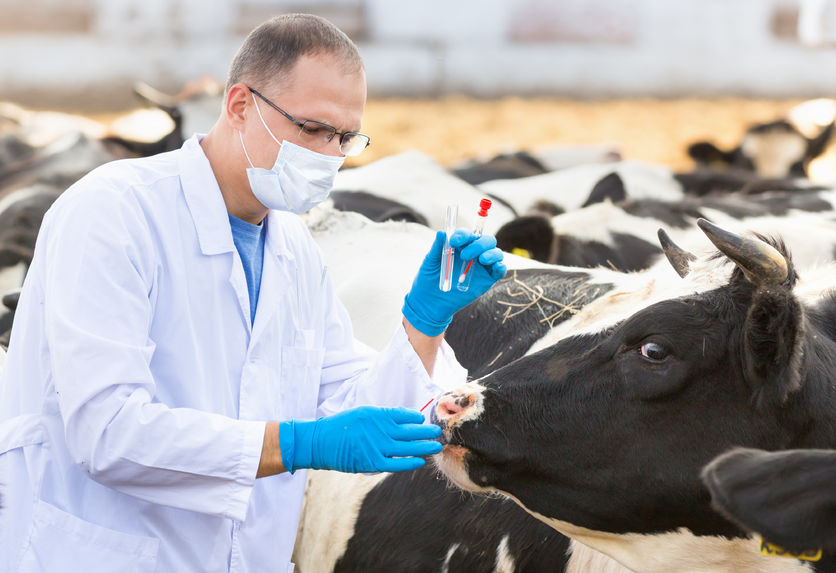
The veterinary industry has warned that new immigration proposals set out by Number 10 must consider the UK’s high proportion of EU vets.
The British Veterinary Association (BVA) has responded to the government’s proposals for a post-Brexit immigration system.
Under the proposals, unveiled by Home Secretary Sajid Javid, EU citizens will not necessarily receive preferential treatment over non-EU citizens coming to the UK, and some curbs on lower-skilled migration will be introduced.
These changes echo recommendations in the Migration Advisory Committee’s immigration report published in September.
The new system will be put in place from January 2021, after the UK’s transition out of the EU is complete.
Responding to the plans, Simon Doherty, BVA President said careful consideration is needed to prevent changes having a disproportionate impact on the veterinary profession, given its high reliance on the EU for workforce supply.
“Nearly half of vets registering to work in the UK every year come from the EU, so it’s all the more important that any changes protect capacity rather than introducing new layers of bureaucracy or restrictions on flexible movement between roles,” Mr Doherty said.
“We are also concerned that parts of the sector will be particularly affected if the Immigration Skills Charge is extended to the recruitment of EU workers.
“This impact would be most keenly felt in the abattoir industry, where 95 per cent of Official Veterinarians are from overseas, predominantly the EU,” he said.
Figures recently released by the Royal College of Veterinary Surgeons, the veterinary profession’s regulator, show 44% of EU vets living in the UK are fearful about what the future holds.
Two in five vets are saying they are now more likely to leave, and 18% are actively looking for work outside the UK.
